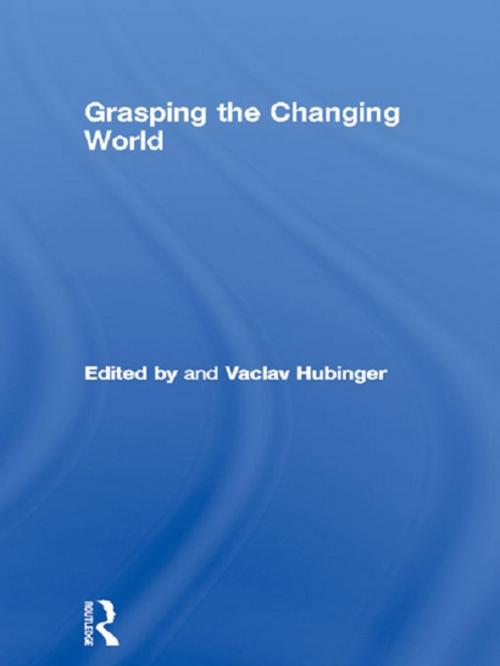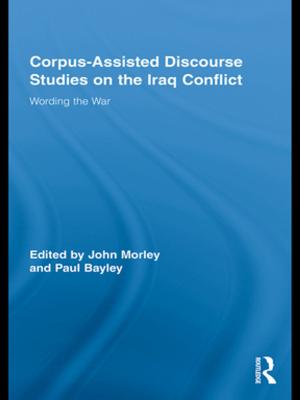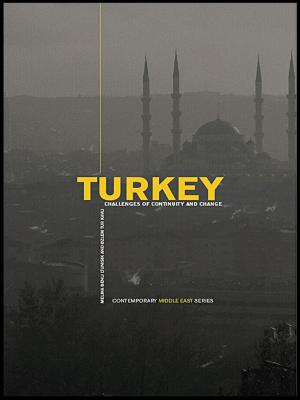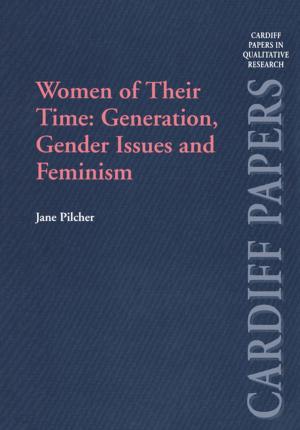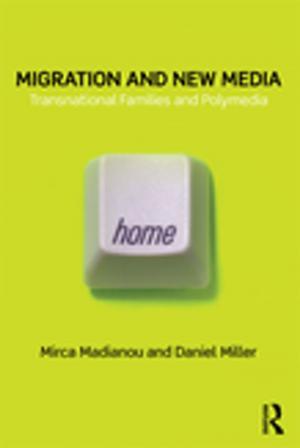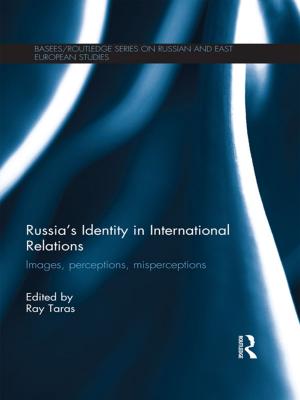| Author: | ISBN: | 9781134852918 | |
| Publisher: | Taylor and Francis | Publication: | September 11, 2002 |
| Imprint: | Routledge | Language: | English |
| Author: | |
| ISBN: | 9781134852918 |
| Publisher: | Taylor and Francis |
| Publication: | September 11, 2002 |
| Imprint: | Routledge |
| Language: | English |
As different societies merge into one global society and face the concomitant crisis of identity, of purpose and interest, social anthropology urgently needs to bring its methodology up to date: new methods are needed to analyse, compare and understand different cultures across space and time.
Grasping the Changing World collects papers read at the second biannual EASA conference in Prague in 1992. The conference took place in an extraordinary 'postmodern' setting. With the fall of communist regimes in Central and Eastern Europe old certainties and time-honoured concepts had become obsolete; at the same time, anthropology too was in upheaval, and long-established patterns of thought seemed inadequate to grasp the rapidly changing realities. These doubts and tensions are reflected in this collection.
The first half of Grasping the Changing World focuses on ways of conceptualising, modelling and perceiving the present, while the second half reassesses the theoretical strength or otherwise of social anthropology as a modern science. Combining methodological rigour and originality, this collection will make invaluable reading for all students of social anthropology, sociology and politics and its methodology as it is applied to the comparison and understanding of societies across space and time.
As different societies merge into one global society and face the concomitant crisis of identity, of purpose and interest, social anthropology urgently needs to bring its methodology up to date: new methods are needed to analyse, compare and understand different cultures across space and time.
Grasping the Changing World collects papers read at the second biannual EASA conference in Prague in 1992. The conference took place in an extraordinary 'postmodern' setting. With the fall of communist regimes in Central and Eastern Europe old certainties and time-honoured concepts had become obsolete; at the same time, anthropology too was in upheaval, and long-established patterns of thought seemed inadequate to grasp the rapidly changing realities. These doubts and tensions are reflected in this collection.
The first half of Grasping the Changing World focuses on ways of conceptualising, modelling and perceiving the present, while the second half reassesses the theoretical strength or otherwise of social anthropology as a modern science. Combining methodological rigour and originality, this collection will make invaluable reading for all students of social anthropology, sociology and politics and its methodology as it is applied to the comparison and understanding of societies across space and time.
